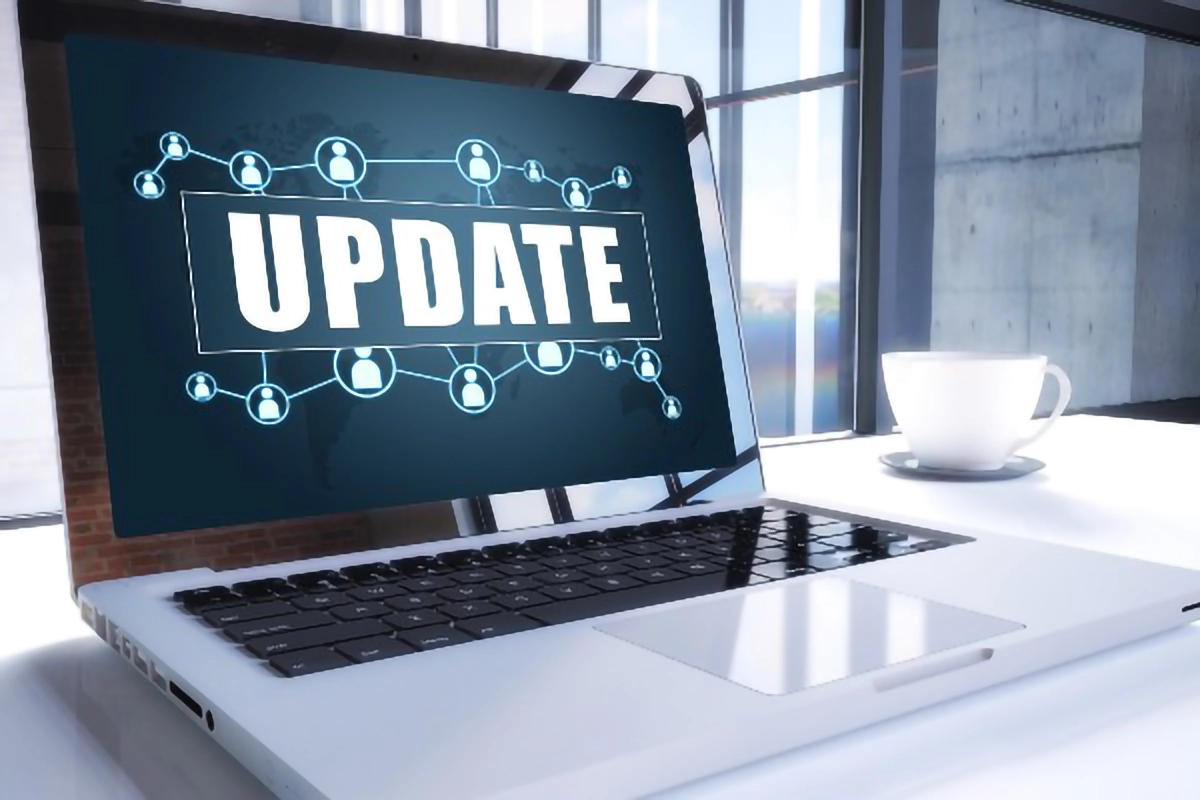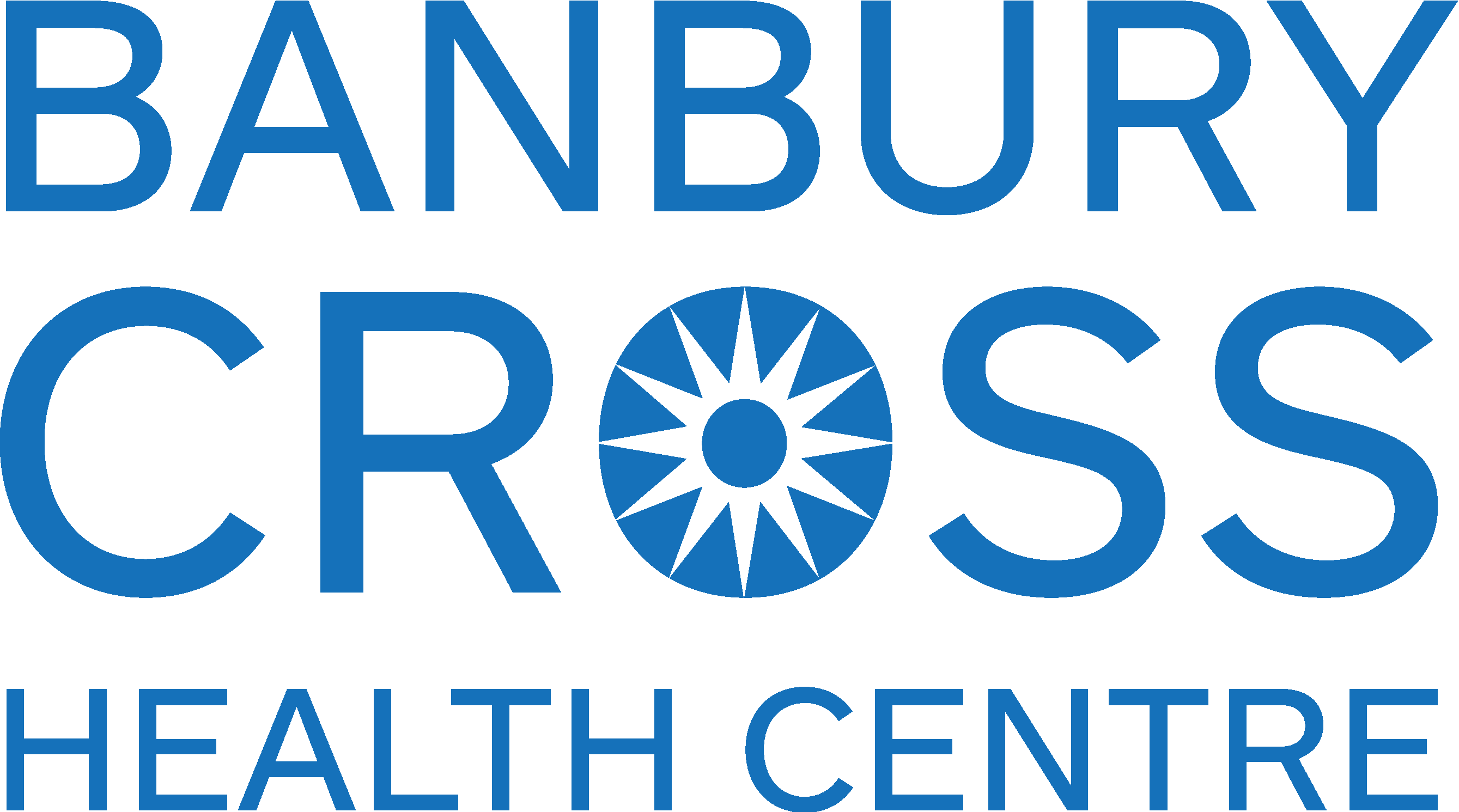We use cookies to help provide you with the best possible online experience.
By using this site, you agree that we may store and access cookies on your device. Cookie policy.
Cookie settings.
Functional Cookies
Functional Cookies are enabled by default at all times so that we can save your preferences for cookie settings and ensure site works and delivers best experience.
3rd Party Cookies
This website uses Google Analytics to collect anonymous information such as the number of visitors to the site, and the most popular pages.
Keeping this cookie enabled helps us to improve our website.

Practice News
All the latest news and information from the surgery and our patient community.
 Patient Participation Group Newsletter
Spring 2026
11/02/2026
Patient Participation Group Newsletter
Spring 2026
11/02/2026
 New COVID-19 and Flu Vaccinations
Check to see your eligibility.
06/10/2025
New COVID-19 and Flu Vaccinations
Check to see your eligibility.
06/10/2025

